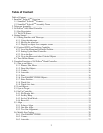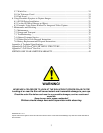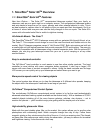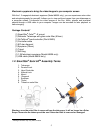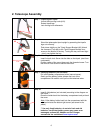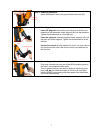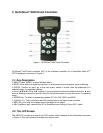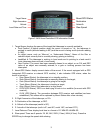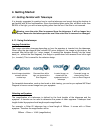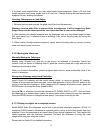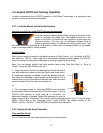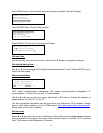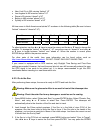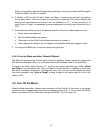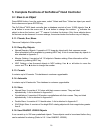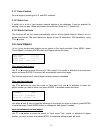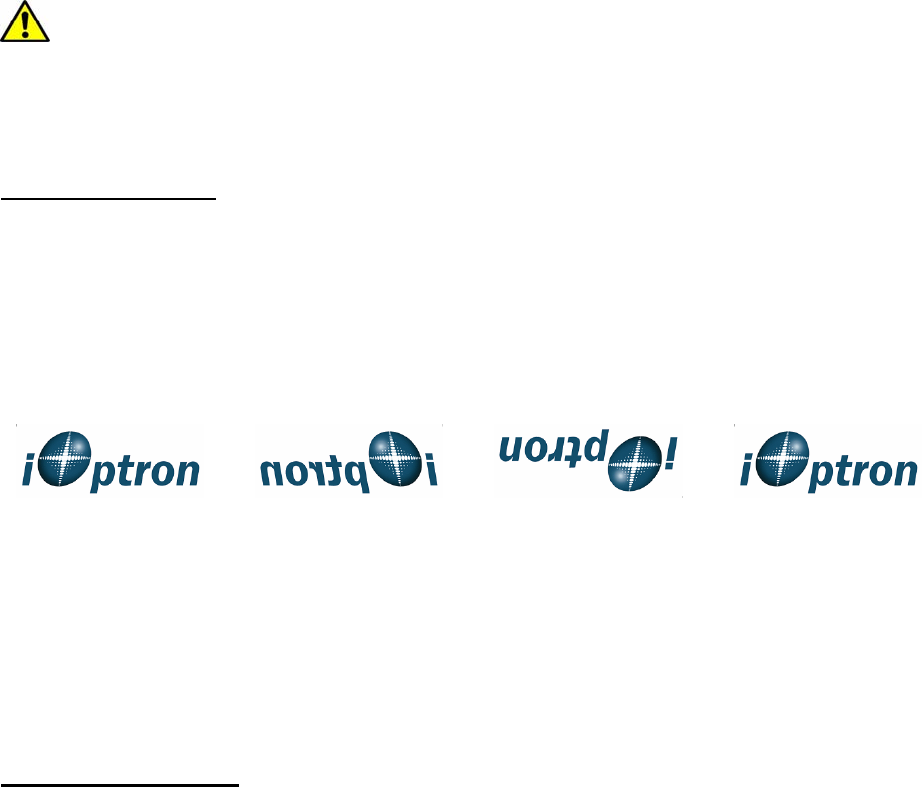
10
4. Getting Started
4.1. Getting Familiar with Telescope
It is strongly suggested to practice how to use the telescope and mount during the daytime to
get familiar with all the functionalities. Since the attached glass solar filter will block more than
99.99% of the light, you will not see anything other than the sun if the filter is not removed.
Warning: once the solar filter is removed from the telescope, it will no longer be a
Solar Scope. Never aim the telescope at the sun if the solar filter is removed or damaged.
4.1.1. Using the telescope
Imaging Orientation:
The image orientation changes depending on how the eyepiece is inserted into the telescope.
When using the star diagonal (the included 90º mirror diagonal), the image is right-side-up, but
reversed from left-to-right (i.e., mirror image). If inserting the eyepiece directly into the visual
back (i.e., without the star diagonal), the image is upside-down and reversed from left-to-right
(i.e., inverted). This is normal for the refractor design.
Actual image orientation
as seen with the
unaided eye
Reversed from left to
right, as viewed with a
Star Diagonal
Inverted image, as
viewed with the
eyepiece directly in
telescope
Corrected image, as
viewed with a Erect
Lens or Erect Diagonal
For terrestrial observation, such as land mark or bird viewing, you can buy an optional 45º Erect
Diagonal to have a correct image from your eyepiece.
Selecting an Eyepiece:
The magnification of a telescope is defined by the focal lengths of the telescope and the
eyepiece. A formula can be used to determine the power of each eyepiece: Telescope focal
length divided by eyepiece focal length equals magnification.
For example, a Solar 60 telescope has a focal length of 360mm. It comes with a 25mm
eyepiece. Therefore the magnification will be
360mm ÷ 25mm = 14.4X (magnification)



